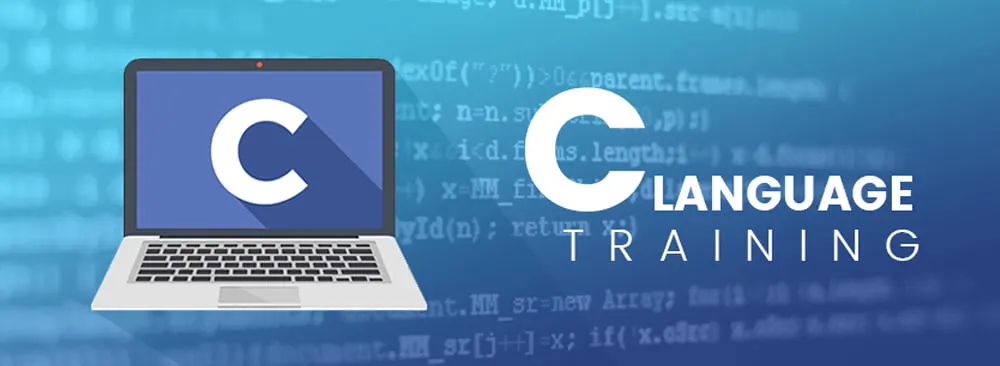
Mohit
- Genpact

Affy Informatics offers the C Language training in Gwalior which provides opportunities for getting jobs. The highly proficient trainers at the Institute deliver proper training classes for C Language course in Gwalior which assists the students in this arena and they are able to achieve a successful position in IT industry.
C is an basic building block for every languages.C is a general Purpose Language.The C programming language is a popular and widely used programming language for creating computer programs. Programmers around the world embrace C because it gives maximum control and efficiency to the programmer.


C Programmers will be able to read and write code for a large number of platforms everything from microcontrollers to the most advanced scientific systems can be written in C Language, and many modern operating systems are written in C Language. C programming language is very important language for fresher for interviews.
Keywords and identifiers
Constants
Variables
Data Types
Identifiers
Data Types
Type Compatibility
Variable Declaration
Dynamic Initialization of Variables
Reference variable
scanf() and printf() Function
Formatted Input and Output
Relational Operators
Logical Operators
Assignment Operators
Increment and Decrement Operators
Bitwise operators
Ternary Operator
Arithmetic Expressions
Precedence of Operators
Nesting of If…Else
Switch Statements
GOTO Statements
Looping Statements (While, Do…While, For)
Jumps in Loops
Nesting of Loops
Two Dimensional Arrays
Multi-Dimensional Arrays
Initialization of Arrays
Reading and Writing Strings
String Handling Functions
Table of Strings
Function Declaration
Defining a Function
Return Values and Types
Function Calls
Categories of Functions
Nesting of Functions
Recursion
Passing Arrays to Functions
Passing String to Functions
Scope, Visibility, and Lifetime of Variables
Accessing the address of a Variable
Declaring Pointers Variables
Accessing a Variable through its Pointer
Pointers and Arrays
Pointers and Character String
Array of Pointers
Pointers as Function Arguments
Declaring Structure Variables
Accessing Structure Members
Structure Initialization
Arrays of Structures
Array within Structures
Structures within Structures
Structure and Functions
Size of structures
Unions
Bit Fields
File Inclusion
Compiler Control Directives
Allocating a Block of Memory
Allocating Multiple Block of Memory
Releasing the Used Space
Altering the size of block
Closing a File
Input/output Operations on Files